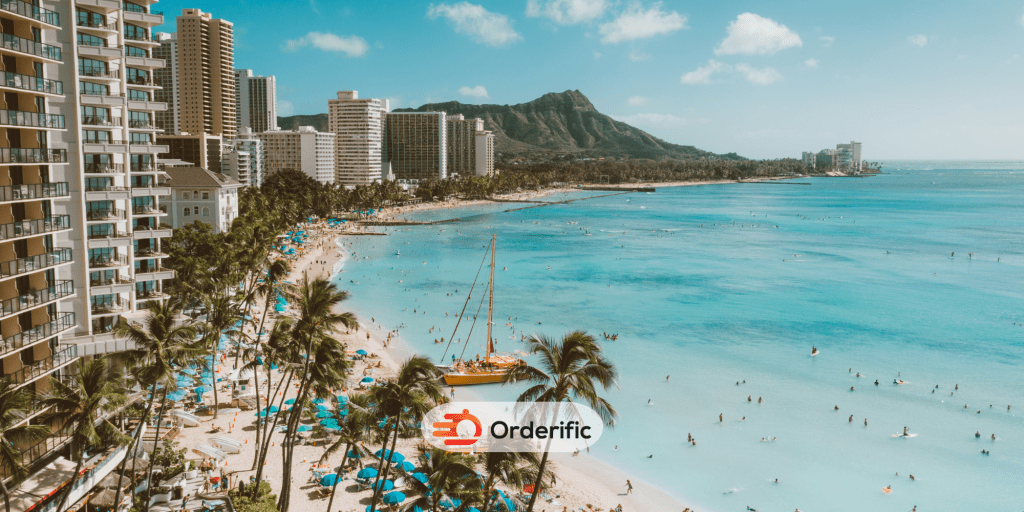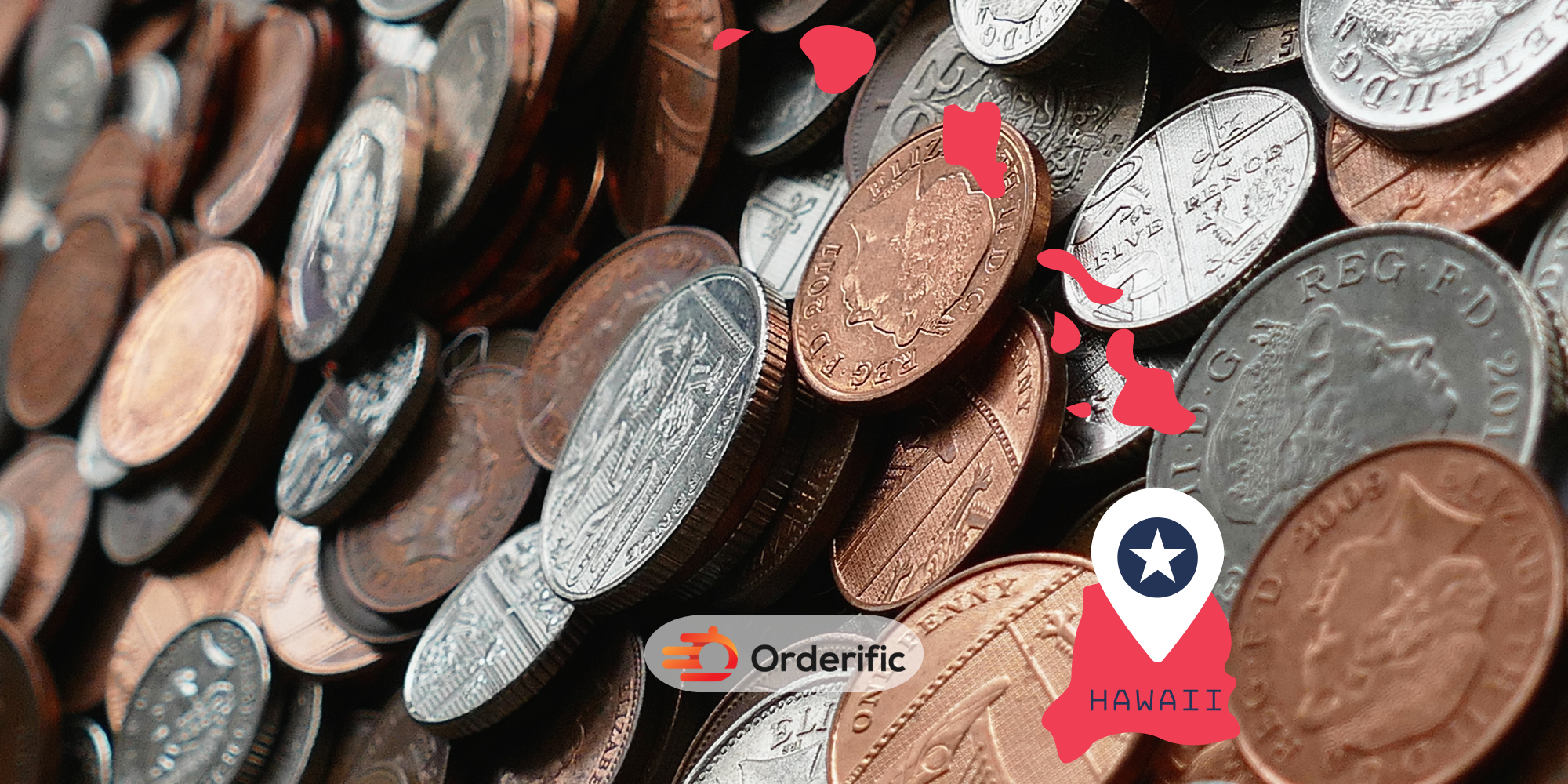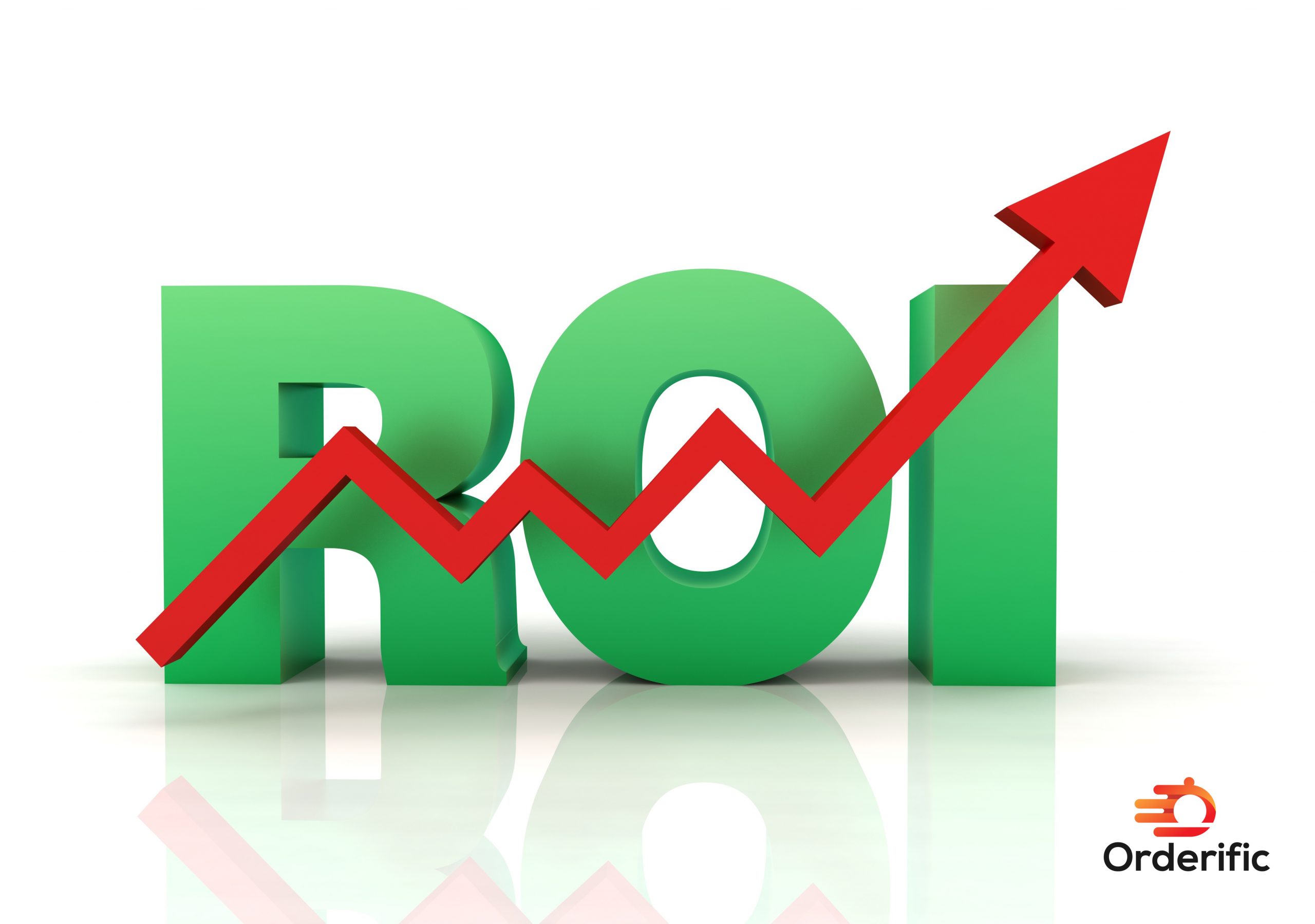Hawaii’s minimum wage law give employees the right to earn a certain hourly rate and receive additional compensation for hours worked beyond 40 in a week. These rules vary from other states, so it is important to understand how they apply in Hawaii. In this article, we’ll discuss what employers need to know about Hawaii’s minimum wage law.
Hawaii’s minimum wage is higher than the federal rate of $7.25 an hour and is currently set at $12.00 for all employers with at least one employee. Employers must pay workers no less than this amount, even when receiving tips or other forms of compensation. An employee earning a guaranteed monthly compensation of $2,000 or more is exempt from the State minimum wage and overtime law.
Domestic service workers are subject to Hawaii’s minimum wage and overtime requirements. The State law excludes from coverage any employee that is subject to the federal Fair Labor Standards Act unless the State wage rate is higher than the federal rate.
What is the Current Minimum Wage in Hawaii?
As of 2023, the minimum wage in Hawaii is $12.00 per hour. There is no differential rate for workers in the service industry who receive tips; they are also entitled to the full minimum wage. This means that all employees, regardless of the nature of their work or compensation structure, are guaranteed this hourly rate. The rate is evaluated periodically and may be adjusted to account for economic factors such as inflation.
However, not all workers fall under the stipulated minimum wage. For example, individuals employed in executive, administrative, or professional capacities, and those earning a guaranteed monthly compensation of $2,000 or more, are exempt from the wage and overtime laws. Workers need to understand their employment classification to ensure they’re receiving the appropriate wages.
Who is Covered by Hawaii’s Minimum Wage Laws?
Hawaii’s minimum wage law cover most employees. This includes those in the service industry, such as waiters and bartenders, as well as non-service workers like accountants and software engineers. All of these individuals are entitled to a minimum wage of $12.00 per hour.
Domestic service workers who work for more than 10 hours per week are subject to minimum wage and overtime requirements. Additionally, individuals employed in executive, administrative, or professional capacities who earn a guaranteed monthly compensation of $2,000 or more are exempt from the State wage and overtime law.
When do Hawaii’s Minimum Wage Laws Apply?
Hawaii’s minimum wage laws apply to all employees who are paid an hourly rate. This includes those in the service industry, such as waiters and bartenders, as well as non-service workers like accountants and software engineers. All of these individuals must be paid a minimum of $12 per hour for all hours worked beyond 40 in a week; failure to do so is a violation of the law.
The State also requires employers to provide employees with certain benefits such as paid sick leave and vacation time, which must be taken into account when calculating wages.

What are the Penalties for Violating Hawaii’s Minimum Wage Laws?
The penalties for violating Hawaii’s minimum wage laws depend on the circumstances. If an employer is found to violate the law, they may be subject to civil fines and criminal penalties, depending on the severity of the violation. Additionally, employers must make up any wages owed to employees as a result of non-payment or underpayment.
Employers need to stay up-to-date on Hawaii’s minimum wage laws and ensure that their business practices are compliant. Doing so will help them avoid costly fines or lawsuits.
How can Businesses Stay Compliant with Hawaii’s Minimum Wage Laws?
Business owners should familiarize themselves with Hawaii’s minimum wage laws and take steps to ensure compliance in their operations. This includes reviewing employee pay structures regularly, making sure wages are paid on time. And ensuring that employees’ overtime rates are calculated correctly.
Businesses must also keep accurate records of hours worked by employees, including any overtime hours. Additionally, employers should ensure that all employees are classified correctly. As some workers may be exempt from the State wage and overtime law.
Ultimately, staying compliant with Hawaii’s minimum wage laws is essential for businesses to protect themselves legally and financially. By taking the necessary steps to remain in compliance, employers can reduce their risk of fines or lawsuits.

What’s Next for Hawaii’s Minimum Wage Laws?
Hawaii’s minimum wage is subject to change based on economic factors and the cost of living in the State. The rate is reevaluated periodically, so businesses should stay up-to-date on any new developments or changes to the law.
Business owners should also be aware that some cities and counties in Hawaii may have their minimum wage laws, which may be higher than the State rate. It’s important to check with local authorities to ensure compliance with all applicable laws.
Staying informed about Hawaii’s minimum wage laws is essential for business owners and employees alike. By understanding the laws and taking steps to remain compliant, businesses can ensure that their operations are running smoothly and efficiently.
Conclusion
Understanding Hawaii’s minimum wage laws is essential for businesses and their employees. The State sets a higher minimum wage than the federal rate and applies certain benefits to workers, such as paid sick leave and vacation time. Employers need to familiarize themselves with these laws and take steps to ensure compliance to protect themselves legally and financially. Staying up-to-date with any developments or changes to the law is also key to remaining compliant. In doing so, businesses can ensure that their operations are running smoothly and efficiently.
If you’re unsure about any aspect of Hawaii’s minimum wage laws, it is recommended to consult an experienced employment lawyer for guidance. With the right advice, you can make sure that your business is compliant and that your employees are properly compensated.
You can find more insightful content with Orderific here. For the many advantages Orderific can bring to your business, start trying it out here. It’s Orderific time today!
FAQs
What is the minimum wage in Hawaii?
The minimum wage in Hawaii is currently set at $12.00 for all employers with at least one employee.
Does Hawaii have different minimum wage rates for different types of employees?
No, Hawaii does not have different minimum wages for different types of employees.
Are all employees in Hawaii entitled to the minimum wage?
They are entitled to the minimum wage, except in executive, administrative, or professional capacities, and earn a guaranteed monthly compensation of $2,000 or more.
How often does Hawaii’s minimum wage increase?
Hawaii’s minimum wage is evaluated periodically and may be adjusted to account for economic factors such as inflation.
Are there any exemptions to Hawaii’s minimum wage laws?
Yes, there are some exemptions to Hawaii’s minimum wage laws.













